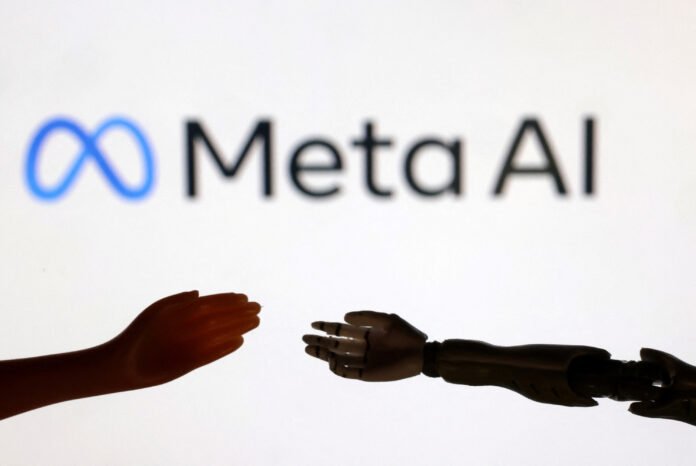Staff Reporter
Meta Platforms is setting up a new division within its Reality Labs to create AI-powered humanoid robots designed to assist with physical tasks. This initiative, revealed in an internal memo obtained by Reuters, marks Meta’s entry into the competitive humanoid robotics market.
As the landscape of advanced AI continues to evolve, Meta joins industry leaders like Nvidia-backed Figure AI and Tesla. The rise of innovative AI models is fueling advancements in robotics and automation, making this a strategic step for the tech giant.
Meta’s Chief Technology Officer, Andrew Bosworth, outlined in the memo that the new robotics product group will prioritize research and development of “consumer humanoid robots,” aiming to enhance the capabilities of the Llama platform. Llama serves as Meta’s core series of AI foundation models, powering a variety of generative AI applications across the company’s social media platforms.
“We believe that expanding our portfolio to include this technology will add significant value to Meta AI and our mixed and augmented reality initiatives,” Bosworth stated.
Leading this new group is Marc Whitten, former CEO of Cruise, a self-driving car company. Whitten has been appointed as vice president of robotics, bringing valuable experience to Meta’s ambitious project. This development was first reported by Bloomberg News.
Meta Platforms has announced the appointment of John Koryl as vice president of retail, aiming to enhance its direct-to-consumer sales strategy.
Koryl, previously the CEO of second-hand e-commerce platform The RealReal, will focus on expanding the market for Meta’s Quest mixed reality headsets and AI wearables, including the Ray-Ban Meta smart glasses, developed in collaboration with EssilorLuxottica.
In a bid to build “more direct expertise in the space,” Meta plans to establish retail locations, starting with the Meta Lab temporary store that opened in Los Angeles last November. Despite this push, Bosworth emphasized that retail partners will continue to account for the majority of hardware sales.
As major tech companies and startups invest billions into AI-powered devices for various sectors, including manufacturing and logistics, progress in robotics has been slower than anticipated.
Researchers have noted that while breakthroughs in language-related AI have advanced chatbot technologies, they have not translated effectively to understanding the physical world.
Looking ahead, Meta aims to develop its own humanoid robot hardware, with an initial focus on household chores. The company is also working on AI, sensors, and software that can drive robots produced and sold by other manufacturers.
According to reports from Bloomberg, Meta is actively engaging with robotics companies like Unitree Robotics and Figure AI but does not plan to launch its own branded robot in the immediate future.

